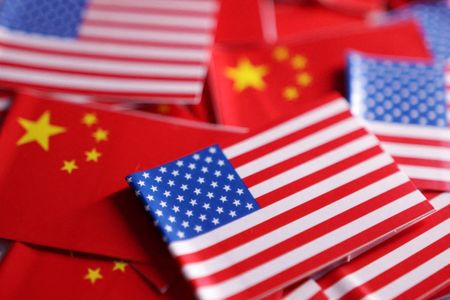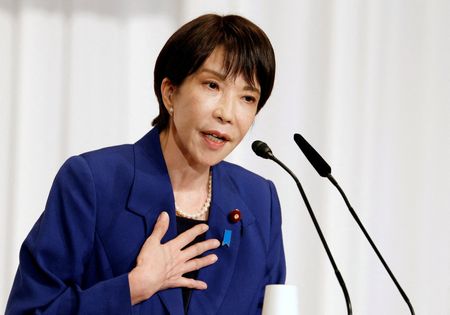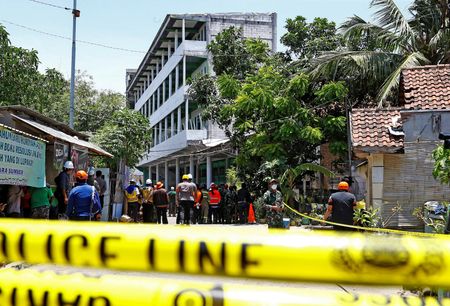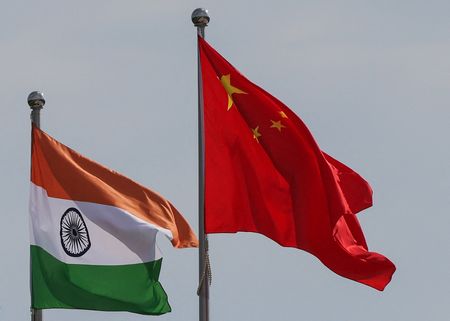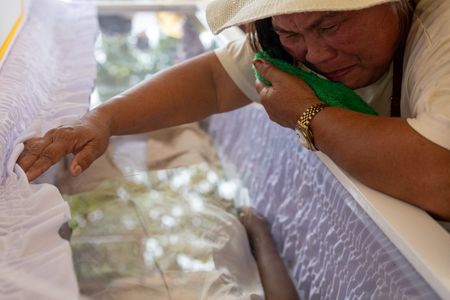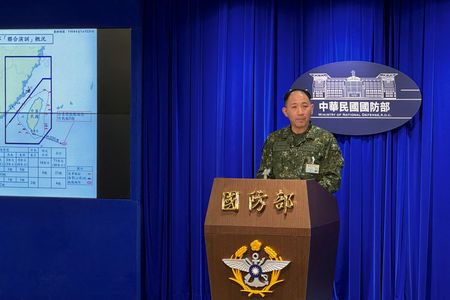WASHINGTON (Reuters) -The U.S. State Department on Thursday brushed off a statement from the senior Chinese diplomat in Hong Kong warning the recently appointed U.S. consul general there against interference in the affairs of the Chinese-ruled city by colluding with anti-China forces.
“U.S. diplomats represent our nation and are charged with advancing U.S. interests globally, which is standard practice for diplomats around the world including in Hong Kong,” a senior State Department official said in a statement in response to the remarks about the consul-general, Julie Eadeh.
Cui Jianchun, China’s top diplomat in Hong Kong, issued a statement earlier on Thursday, saying he met Eadeh on Tuesday “to lodge solemn representations on her conducts (sic) since she assumed duties.”
The statement, published on the website of his office, said Cui urged Eadeh “to abide by fundamental norms governing international relations including non-interference in domestic affairs and make a clean break with anti-China forces.”
It said Cui explicitly stated the “Four Don’ts” requirements, “namely don’t meet the people who the CG shouldn’t meet with, don’t collude with anti-China forces, don’t instigate, assist, abet or fund any activities that undermine stability in Hong Kong, don’t interfere with national security cases in Hong Kong.”
Eadeh, who took up the post of consul general in August, ran afoul of Chinese authorities in 2019, during the first administration of U.S. President Donald Trump, when official Chinese media criticized U.S. diplomats for contacts with student leaders of protests that were then convulsing Hong Kong.
The Hong Kong newspaper Ta Kung Pao published a photograph of a U.S. diplomat, whom it identified as Eadeh, then with the consulate’s political section, talking with student leaders in the lobby of a luxury hotel.
The State Department at the time criticized Chinese authorities for leaking photos of a diplomat and their children’s names, calling this the actions of a “thuggish regime” that had gone from “irresponsible to dangerous.”
The current exchange comes at a sensitive time for U.S.-China relations, with Trump seeking to conclude a major trade deal with Washington’s biggest economic and geopolitical rival and due to meet his counterpart Xi Jinping toward the end of the month.
(Reporting by David Brunnstrom and Simon Lewis in Washington; Editing by Matthew Lewis)

